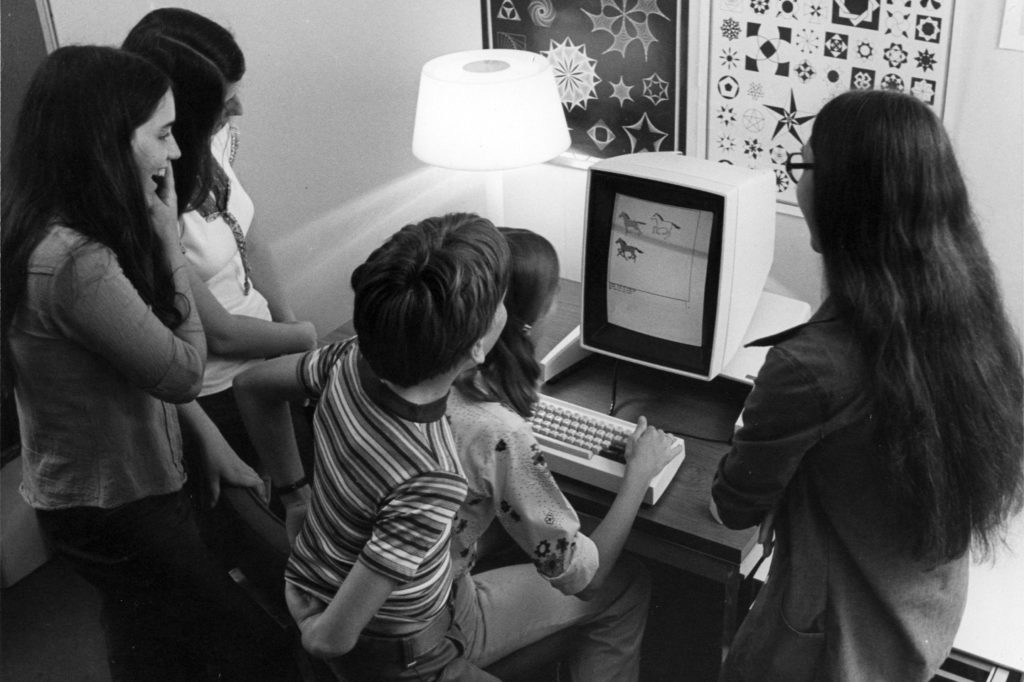
| Convenors: Dr Scott Rodgers | Hannah Barton (in recent years) |
| Link: Prospectus Description | 2015 Blog Post |
It is not an exaggeration to say that this module has, across a number of iterations, defined my time teaching at Birkbeck. Arriving to this job more as a geographer, the module has become a kind of ‘thinking object’ around which I have learned, with the help of my students, the many things that media and cultural studies has had to say about the question of ‘technology’. I wrote a little about this module in a 2015 blog post, but those thoughts seem antiquated now. The module keeps moving, and I think the next major thing required is a hard and honest look at how well it really deals with questions around identity, race and gender – because despite my efforts I think these themes remain under-explored in the module.
As it stands, this module tries to look at media as technologies both thematically and historically. The recent prominence of contemporary media such as mobile devices, apps and social networking platforms reminds us of the limits of analysing media only in terms of its content (i.e. ‘media texts’), creators (i.e. ‘the media’) or consumers (i.e. ‘audiences’). Contemporary academics and commentators are increasingly suggesting we also think about the media as technological forms. Thinking about media technologically invites us to question what exactly counts as ‘media’ in the first place, and from there, what it might mean to do ‘media studies’ – particularly in an age of digitalisation.
The module begins by asking students to think about the fundamentally ambiguous – really, irreducible – relationships of media technologies and cultures. It then travels through a set of technological histories (telegraph, radio, phonograph, television, film) and emergent technologies (internet infrastructures, computational media, ubiquitous media) before arriving at some more thematic debates (which change, but currently are around participation, algorithmic culture and platform capitalism).